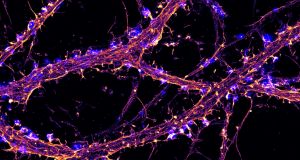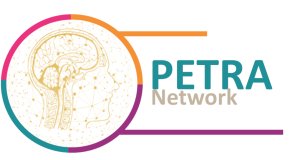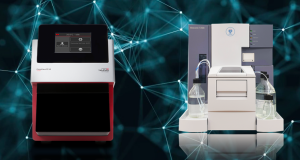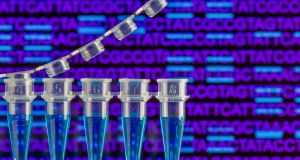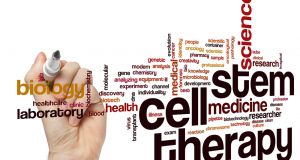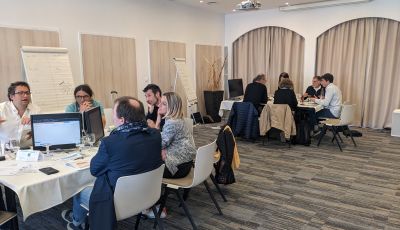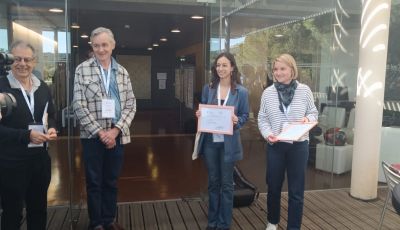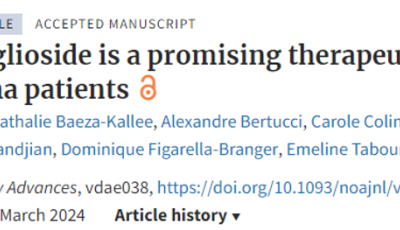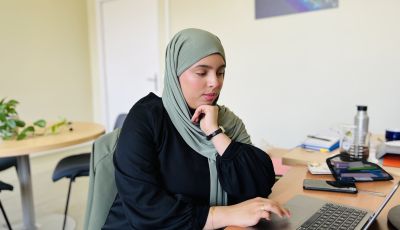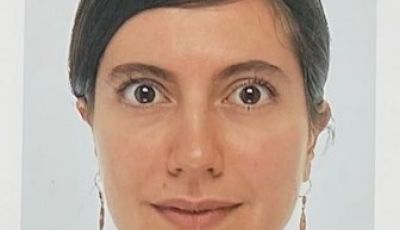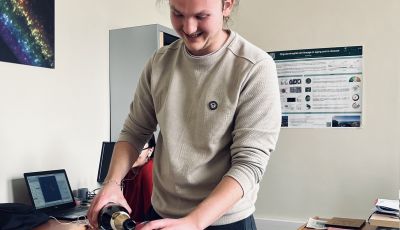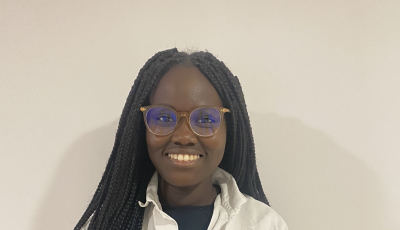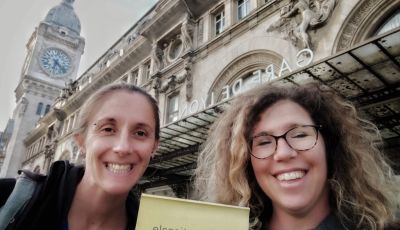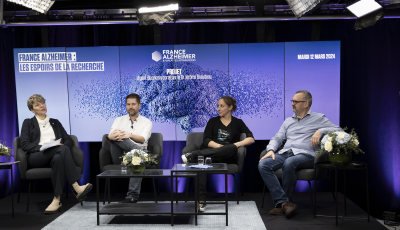Matthew Lennol
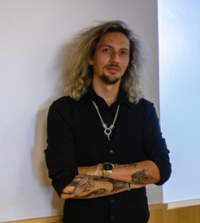
"Deciphering apolipoprotein E-associated alterations in Alzheimer's Disease"
APOE, the gene encoding the apolipoprotein E (apoE) protein, is the most prominent genetic risk factor for sporadic AD. Although the APOE ε4 allelic variant is linked to increased risk of AD, it is likely that all isoforms are participating in the pathology to some degree. Other apoE-related proteins, including receptors and competitive ligands, such as reelin, may also play yet undescribed roles in AD. The following studies aim to characterise alterations in both apoE and reelin patterns in the cerebrospinal fluid of AD patients with the aim of developing new potential biomarkers for the pathology. We also describe a relatively unknown apoE receptor family member, LRP3, to try and elucidate novel pathways that may be participating in AD.















